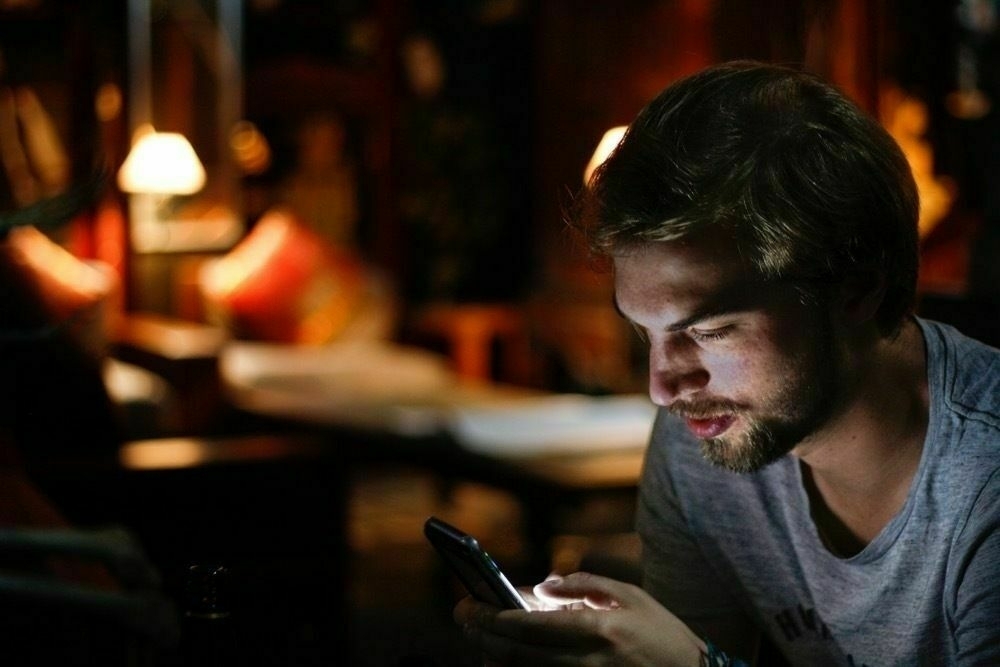The world online would have us believe that everyone else’s life is better than ours. No matter how great the universe is when you look around you, there are always ones that appear better. You can stare at the photos, read the words and watch the videos and never fail pick out things you wish for your own. It’s easy to see positives in others but not in yourself.
Even if the portrayal is far from the truth. Others internet lives are, on the surface, perfect. Everyone else is always living their best life, enjoying things better than your experiences or doing a better job of it anyway. Almost everything appears better on the outside. The grass always appears greener, but the grass is fake.
It’s not what you look at that matters, it’s what you see — Henry David Thoreau
The surface is an easy place to observe, it’s the place easy for us to understand, free of the complexities that lie just beneath it. We cannot take everything in, there is simply too much information for us to process, so we focus instead on what we wish to see, and when a lot of what we see is airbrushed it’s impossible to see negatives.

This isn’t a new problem, it’s easy to blame the internet, but the internet is full of content others publish. After all, why would you want to show pictures of yourself not in the best light, or having a bad time? What a weird Instagram that would be if the images were what people were actually doing every day. As much as the modern phrase of “it’s OK to not be OK” is spoken, it is not OK to not be your best on the internet.
You can speak of pressure from beauty standards, advertising, and more modern-day worries until you ar blue in the face. The self-fulfilling prophecy is unbreakable, until you realise that this is all fake. It’s easy to see positives, it’s easy to focus on the worries you already have, and it’s natural to see what you want to see.
Your feed is the edited highlights, and so is everyone else’s. Wishing for other lives, other bodies, others income is easy when all you see are the nice bits.
Leave A Reply Instead?
Read Comments (0)